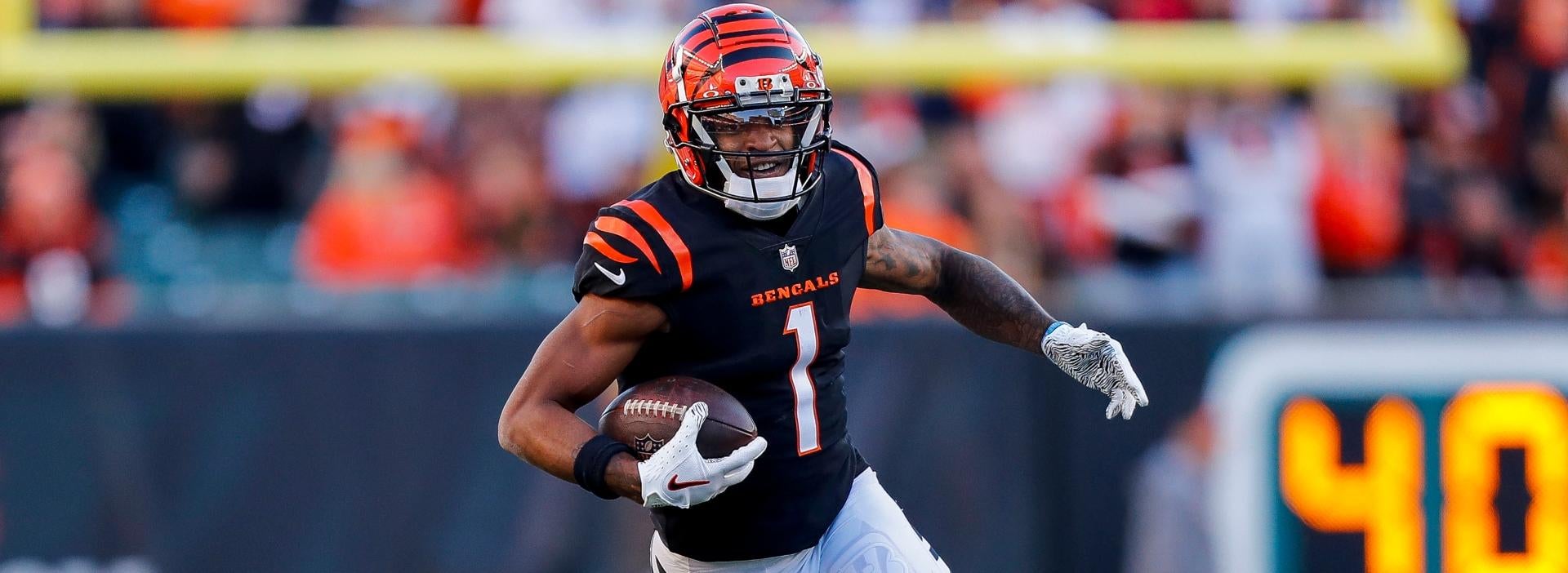Yes, the Personal Conduct Policy applies to Browns running back Quinshon Judkins, even if he hasn’t signed his rookie deal. But the lack of a signed deal remains very relevant to the potential timing of a decision to use the Personal Conduct Policy to place Judkins on paid leave.
When it comes to paid leave, the NFL doesn’t activate it until it has to. The thinking is simple — why create a negative story when there’s no need to create a negative story?
Judkins’s presence at Browns camp isn’t relevant until he’s under contract. If his holdout lingers into late July and August, there’s no reason for the NFL to do anything. Then, if/when he signs the deal, they can activate the paid-leave provision of the Personal Conduct Policy.
Either way, it’s the same result. Judkins is out of sight and, ideally, out of mind. Or, at a minimum, out of the mouths of broadcasters who are working Browns games.
Of course, there’s a chance the NFL will decide based on its preliminary investigation that paid leave isn’t justified. Based on the police report, however, the allegation that he punched a female with a closed fist in the mouth/chin area (leaving visible bruising) could be enough to get the NFL to move.
And we know, Browns fans. We know. Chiefs receiver Rashee Rice wasn’t placed on paid leave after being charged with eight felony counts as a result of a Dallas-area street race. Traditionally, domestic violence allegations are far more likely to spark paid leave.
It happened last year to another Browns second-round pick from Ohio State. Defensive tackle Mike Hall was placed on paid leave within two weeks of being arrested for domestic violence.
So here’s the possible timeline. One, Judkins signs his rookie contract. Two, Judkins prepares to show up for training camp. Three — in theory — the NFL tells him to not bother.

